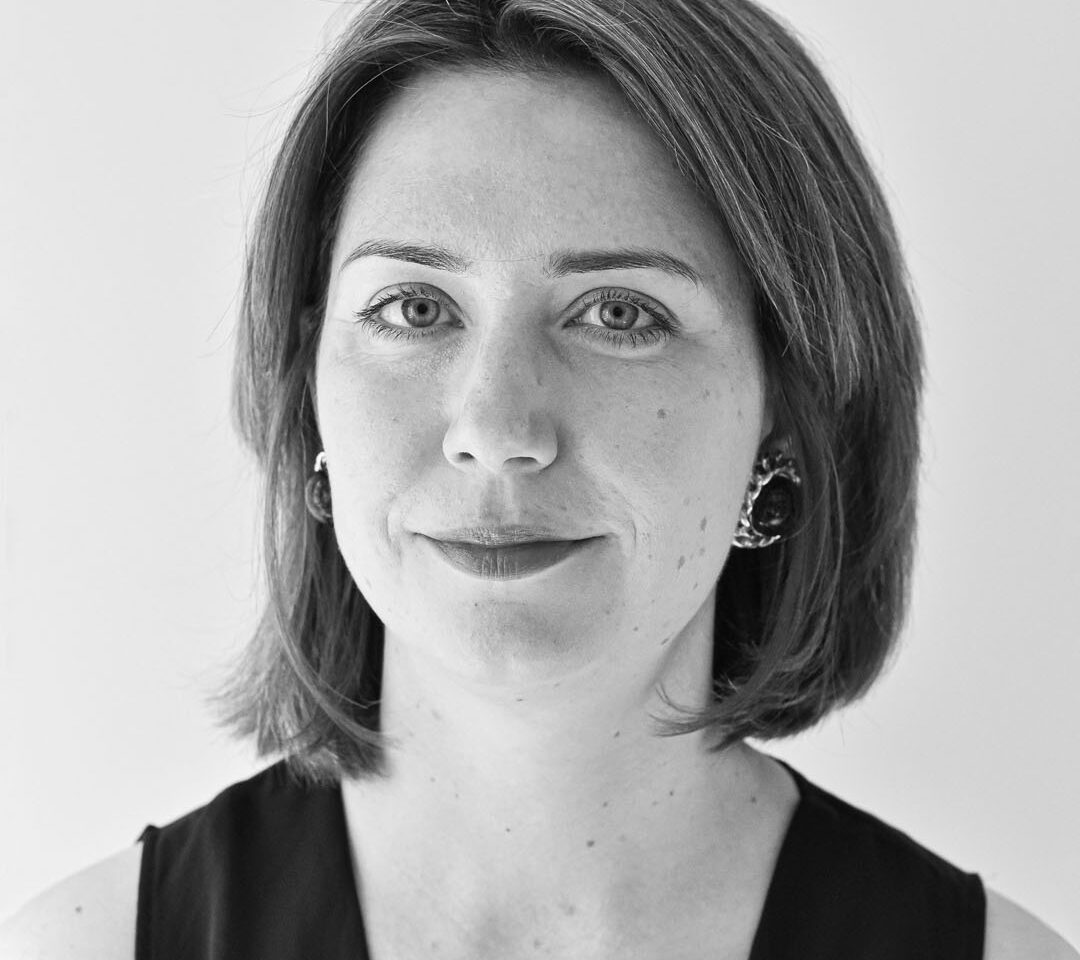AI and the Commons: the heritage sector
At the June AI and the Commons community call, we discussed the heritage sector’s relationship to AI (generative and analytical). Our guests were Dr. Mathilde Pavis, an expert in intellectual property law, ethics, and new technologies, and Mike Weinberg, Executive Director of NYU’s Engelberg Center for Innovation Law and Policy.
AI and the heritage sector. What’s what
Mathilde kicked off the meeting by defining AI as tools that recognize text and images and “learn from experience.” She provided a short overview of three ways the heritage sector engages with AI:
- As users of various generative and analytical AI technologies.
- As stewards of potential training material for AI.
- As contributors to AI development and innovation.
Based on Mathilde’s recent research for the UK’s National Lottery Fund, the most common use cases of AI in the heritage sector today include enhancing collections’ metadata to improve their usability and research applications. For example, the Museum of Royal Navy, in collaboration with the University of Southampton, used AI to standardize catalog data based on curators’ descriptions. Similarly, the Public Library of Scotland employed AI to create metadata for digitized maps available in open access. A different example could be the Transforming Collections project led by the Tate and the University of the Arts London aimed at developing an AI system to identify patterns of colonial bias in collections.
A less common but noteworthy use of AI is to enhance visitor experiences through chatbots or image-generating tools, techniques recently explored by the Salvador Dali Museum in the US. Finally, like many other organizations, heritage institutions are also starting to use AI to support their general business operations and management.
Navigating the Paradox of Open
As stewards of collections, heritage institutions are often skeptical about keeping their data open for AI training. They fear exploitation by Big Tech. This is the Paradox of Open at play in the digital sphere: in capitalist market dynamics, openness can both challenge and empower concentrations of power.
While it remains legally unclear whether training AI on content protected by rights like copyright or privacy is lawful, and a similar lack of clarity applies to openly licensed content that requires attribution, our guests argued that cultural institutions cannot (and should not) restrict access to their open-access collections. The core idea of Open Culture has always been to make works freely available to others, regardless of purpose. “There is nothing magical about AI when it comes to the use of Open Culture that fundamentally resets the core assumptions behind it,” explained Mike during his presentation. Although it is clear that the Digital Public Space demands transparency, regulation, and oversight, this is ultimately a separate conversation.
“This is very different from the debate in the creative industries about training AI on copyrighted creative content, and the two get unnecessarily conflated by media discourse,” added Mathilde. In the creative industries, the issues revolve around different types of content, different stakeholders, and labor remuneration concerns.
The debate on AI training data tests institutional commitment to Open Culture
In the second part of his essay on Wikipedia’s role in the emerging field of generative AI, Alek Tarkowski argued that the challenge facing the stewards of the Digital Commons goes beyond advocating for regulation to keep the Paradox of Open in check. It also involves “the development of approaches that support the commons in a new technological context, which changes how culture and knowledge are produced, shared, and used.” Similarly, both our speakers, Mathilde and Mike, emphasized the heritage sector’s need for a more proactive approach to co-creating, fine-tuning, and participating in AI development.
Among the call’s participants was Susanna Ånäs, an artist and open-access activist who organized AI Sauna, an event held in Helsinki, Finland, last May. AI Sauna aimed to explore how AI is shaping the future of Open Culture. Susanna introduced the idea behind the event and projects that were developed during the event. The event was organized in collaboration with Open Knowledge Finland, the Department of Computing at the University of Turku (which provided participants with computing resources), the National Library of Finland, and the National Archives of Finland, among others. Support also came from Wikimedia, Creative Commons, and the Flickr Foundation, showcasing a comprehensive picture of the Open Culture ecosystem coming together to explore and develop AI-driven innovations for Open Culture.
One way for heritage institutions to engage in the AI debate is by developing an institutional position on using AI tools, even if it must acknowledge resource limitations and their own varying priorities. Another could be building up on the Open Culture approach by continuously making it easier for both people and machines to access and use their collections.





